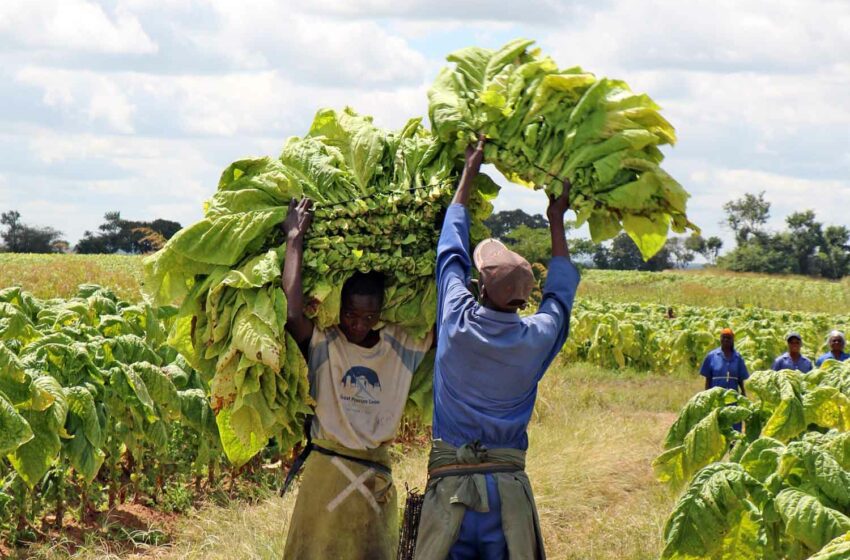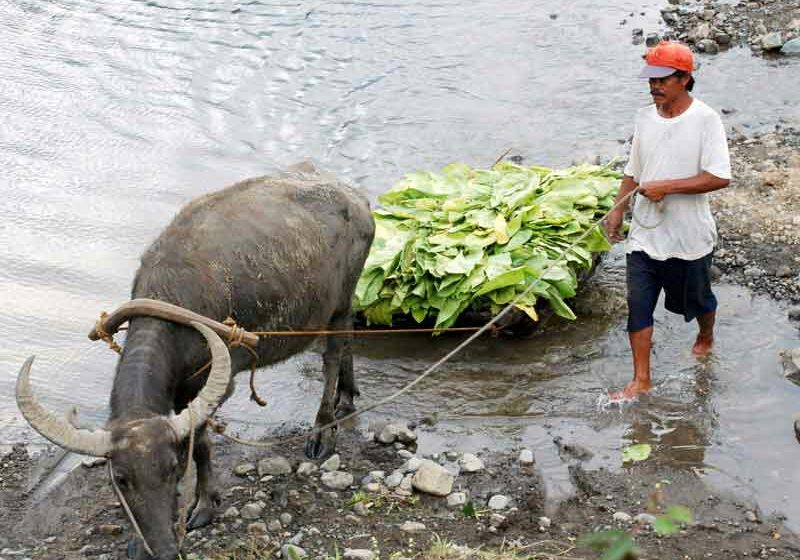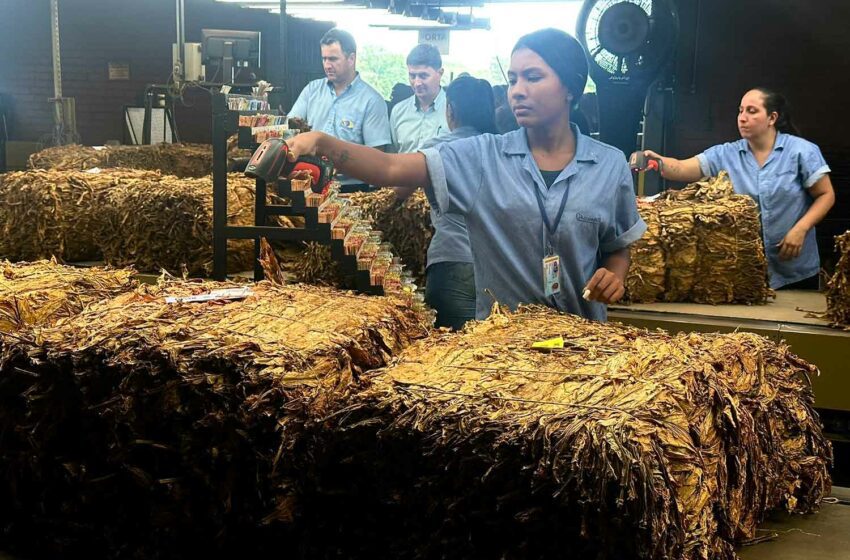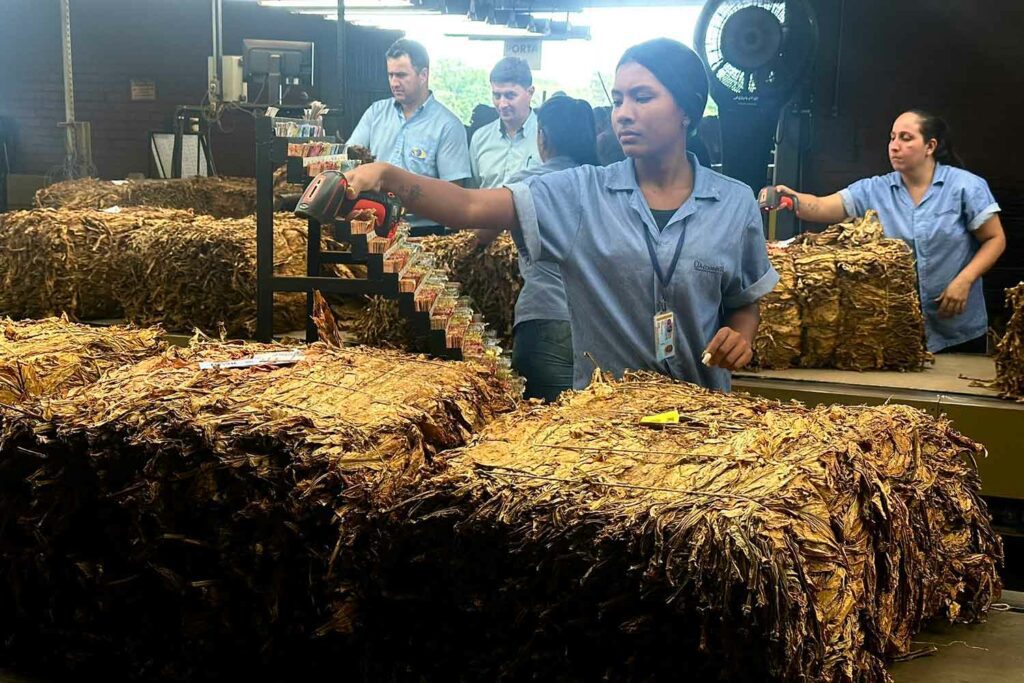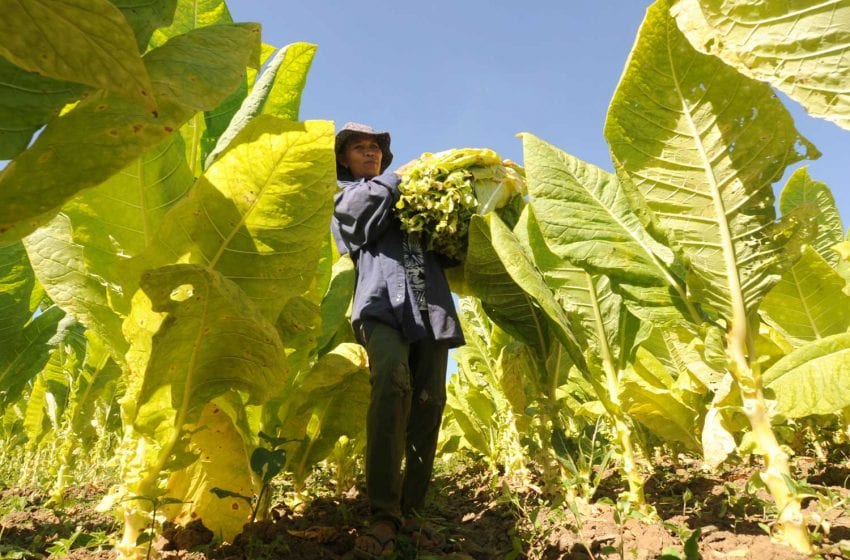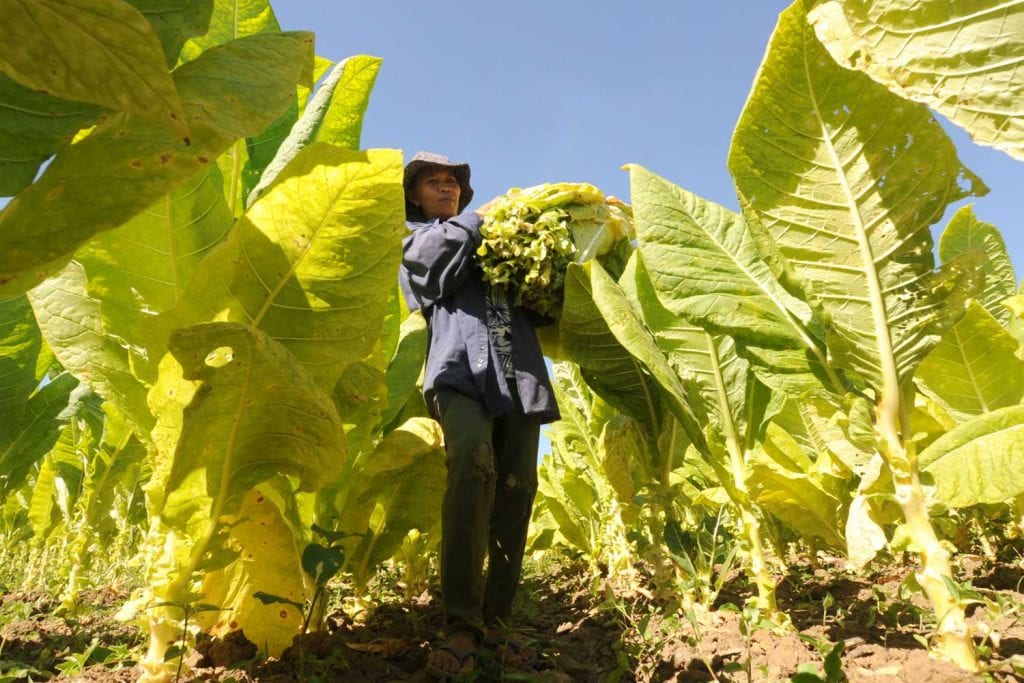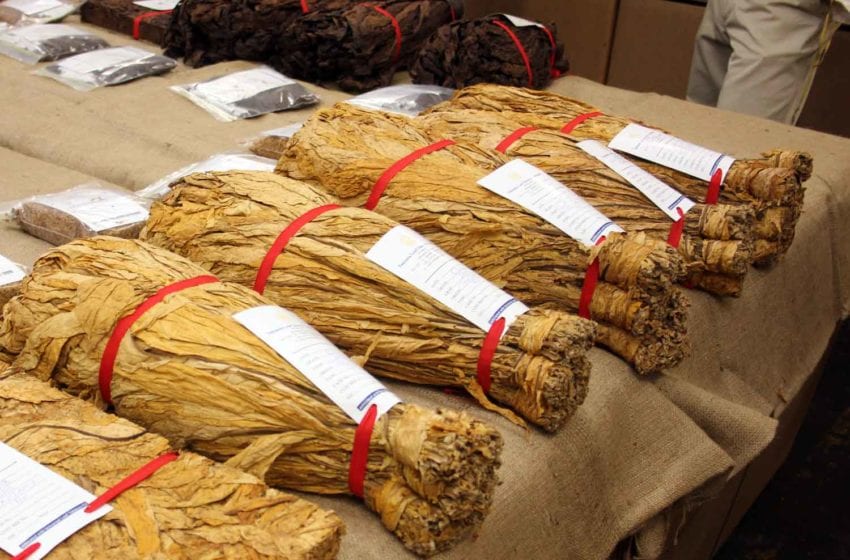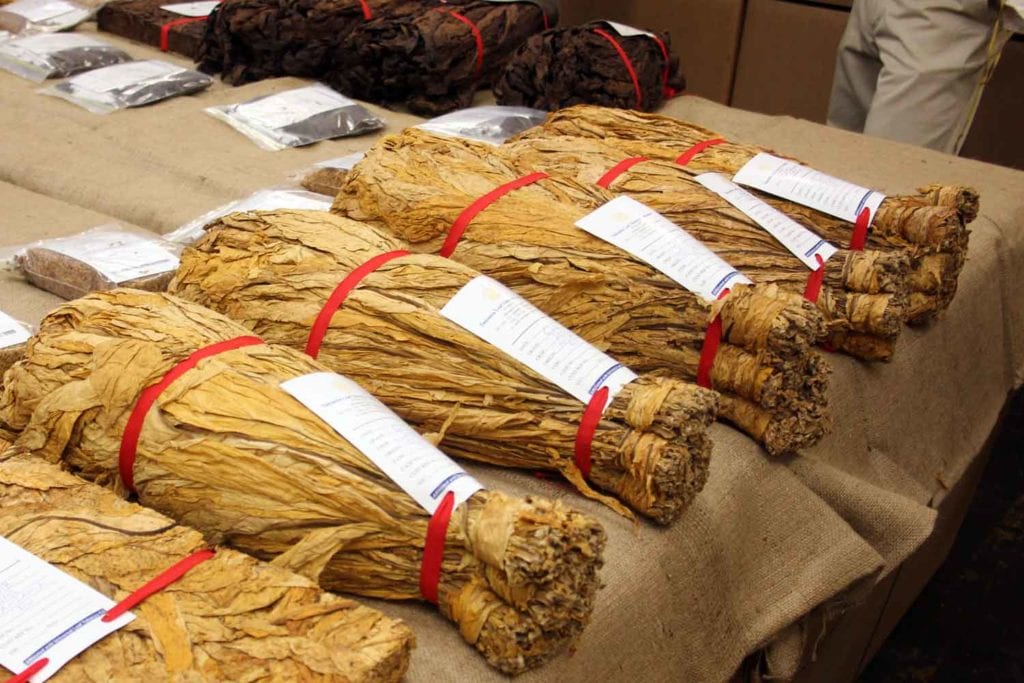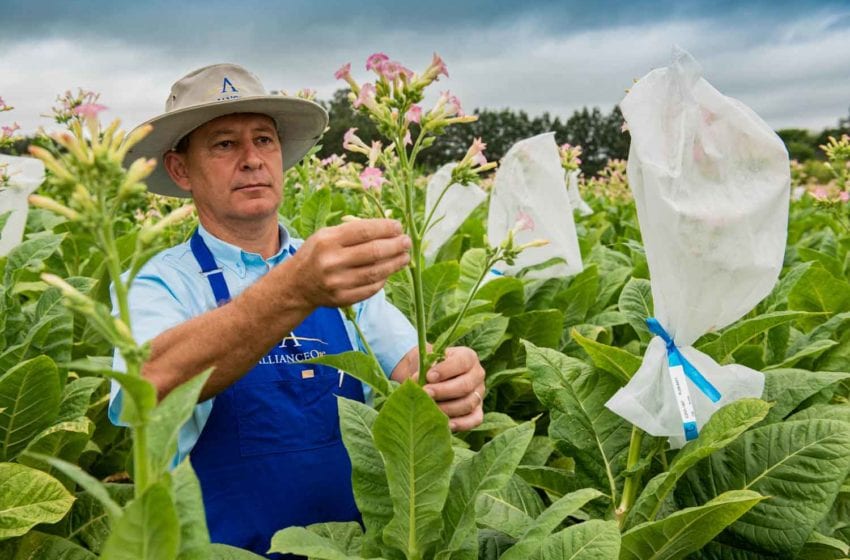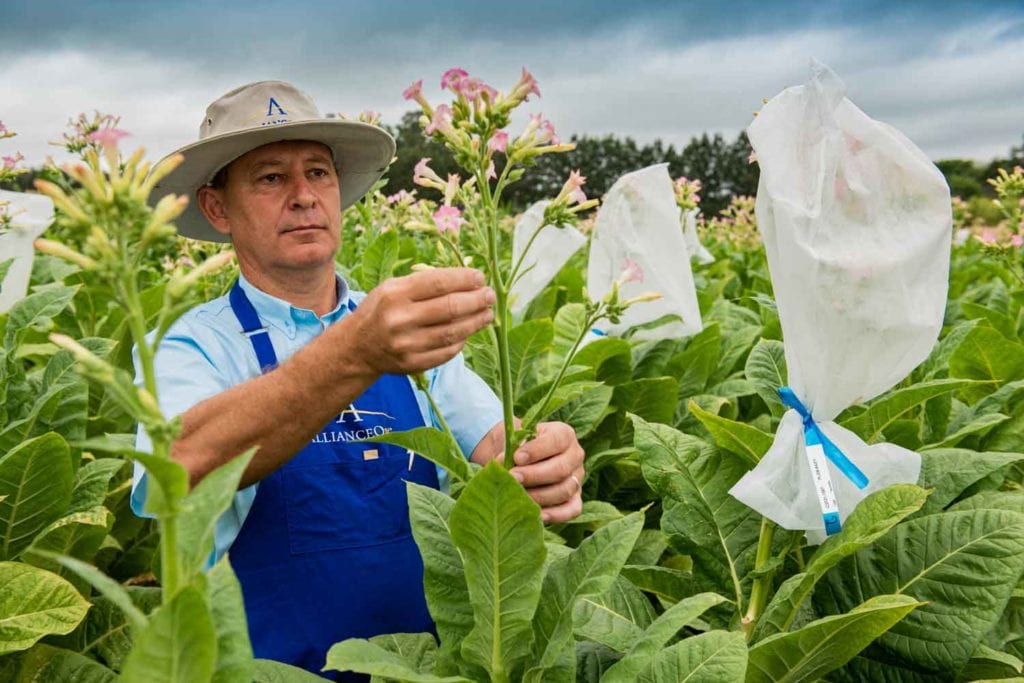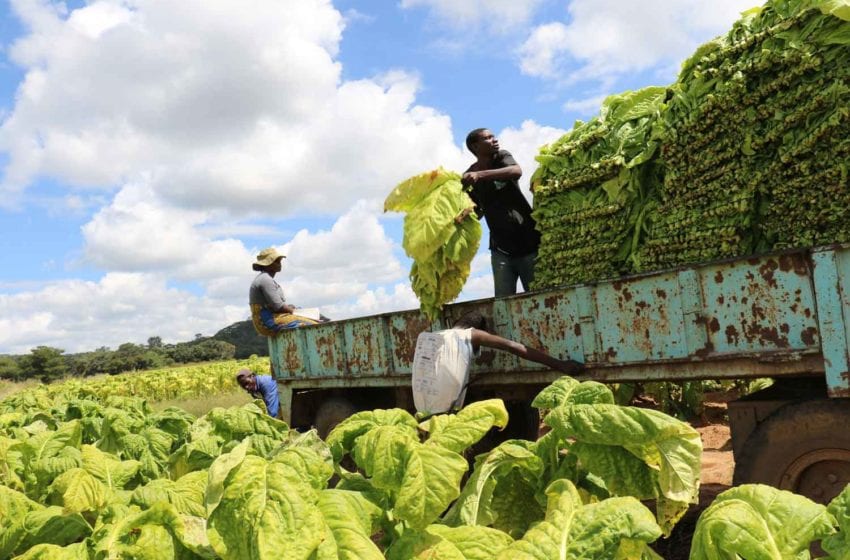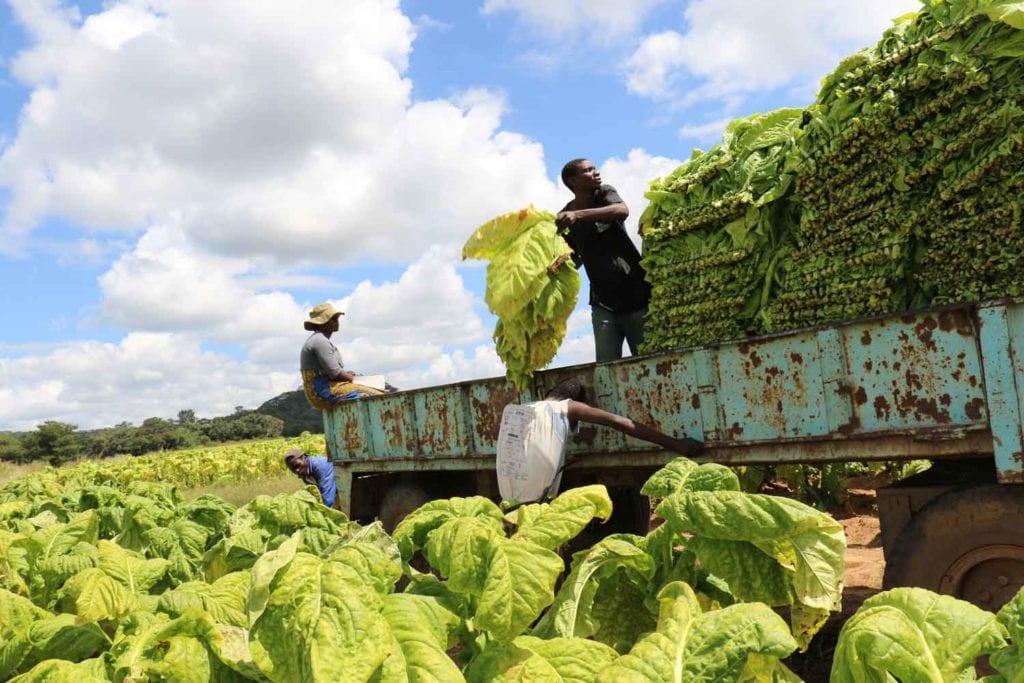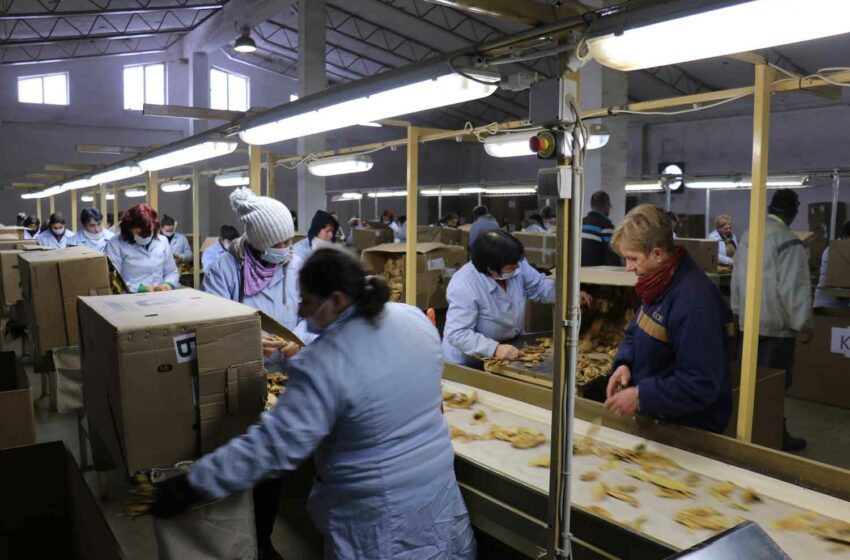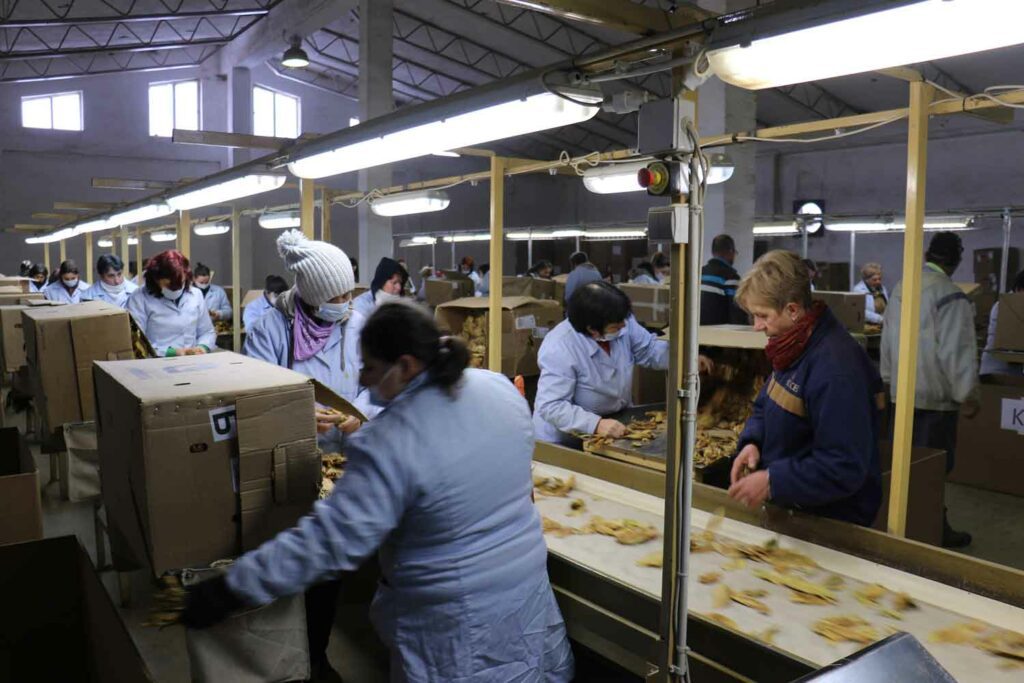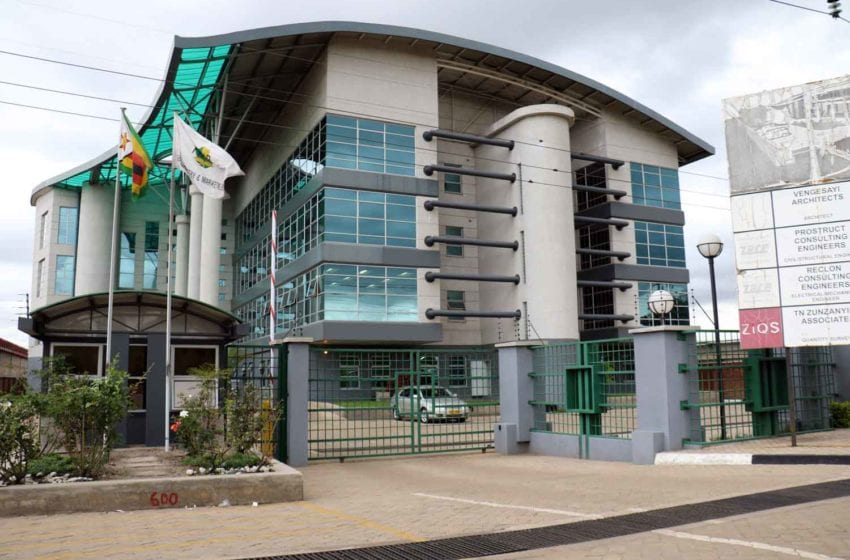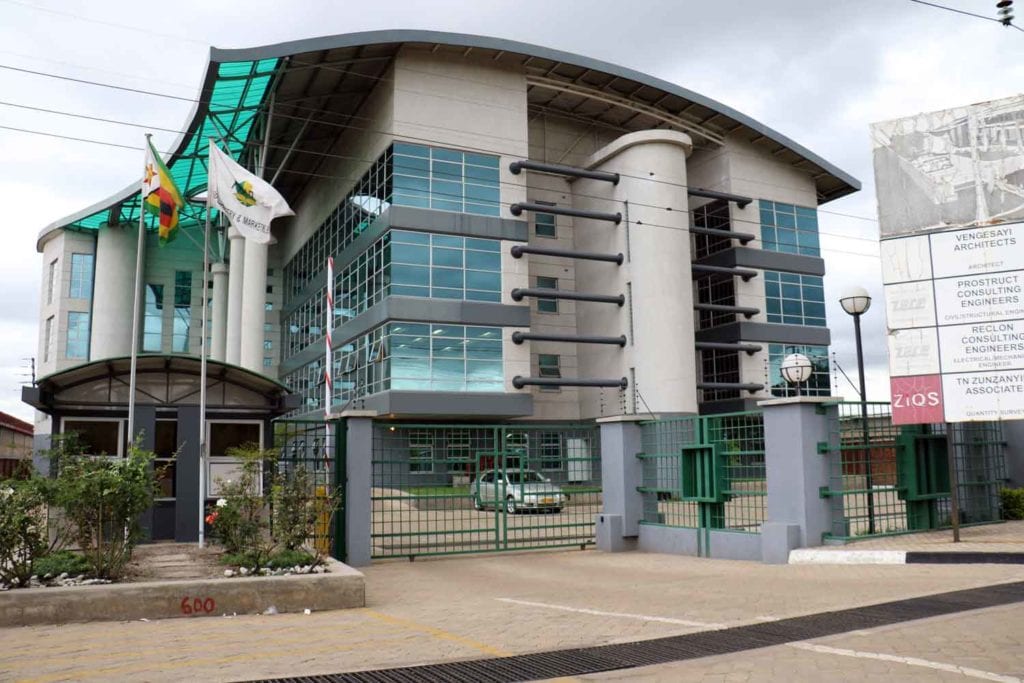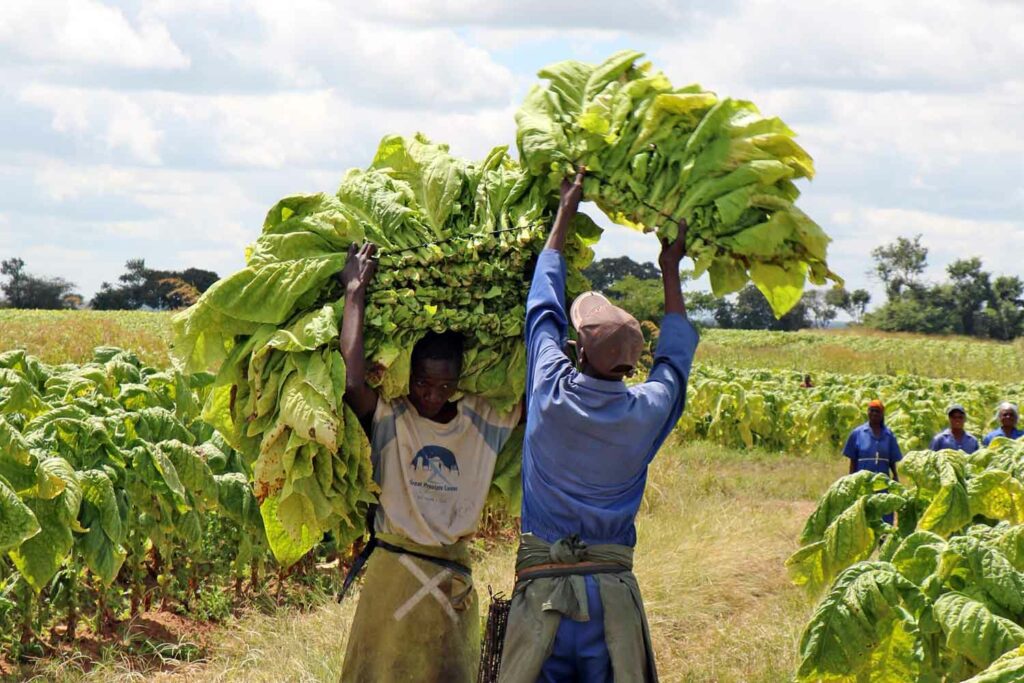
Tobacco growers in Zimbabwe are confident that they will achieve the targeted 300 million kg in the 2024–2025 cropping season despite the current dry spell, reports The Zimbabwe Mail.
While part of the tobacco crop has started showing signs of moisture stress, farmer groups are still hopeful that the projected 2025 yield is achievable.
“In some areas, the crop might be stressed, but we have hope because the Meteorological Services Department (MSD) is telling us that this was a bit expected because they had already indicated that the season will start in a normal to below-normal situation,” said Zimbabwe Farmers Union chief economist Prince Kuipa.
In October, the MSD still expected La Nina to develop in the October-November-December period and play a key role in rainfall distribution across much of the country.
A forecast issued in August this year showed that there were chances of normal to below-normal rains in the mentioned period, with normal to above-normal rainfall in the last half of the 2024–2025 season.
As of Dec. 6, 2024, farmers had transplanted 66,438 ha compared to 61,380 ha during the same period last year, according to the Tobacco Industry and Marketing Board.
Zimbabwe’s flue-cured tobacco exports are primarily destined for markets in the Far East, Middle East, Africa, the European Union, the Americas, Europe and Oceania.
Under its Tobacco Value Chain Transformation Plan, the government aims to significantly boost the value generated by Zimbabwe’s tobacco industry.

